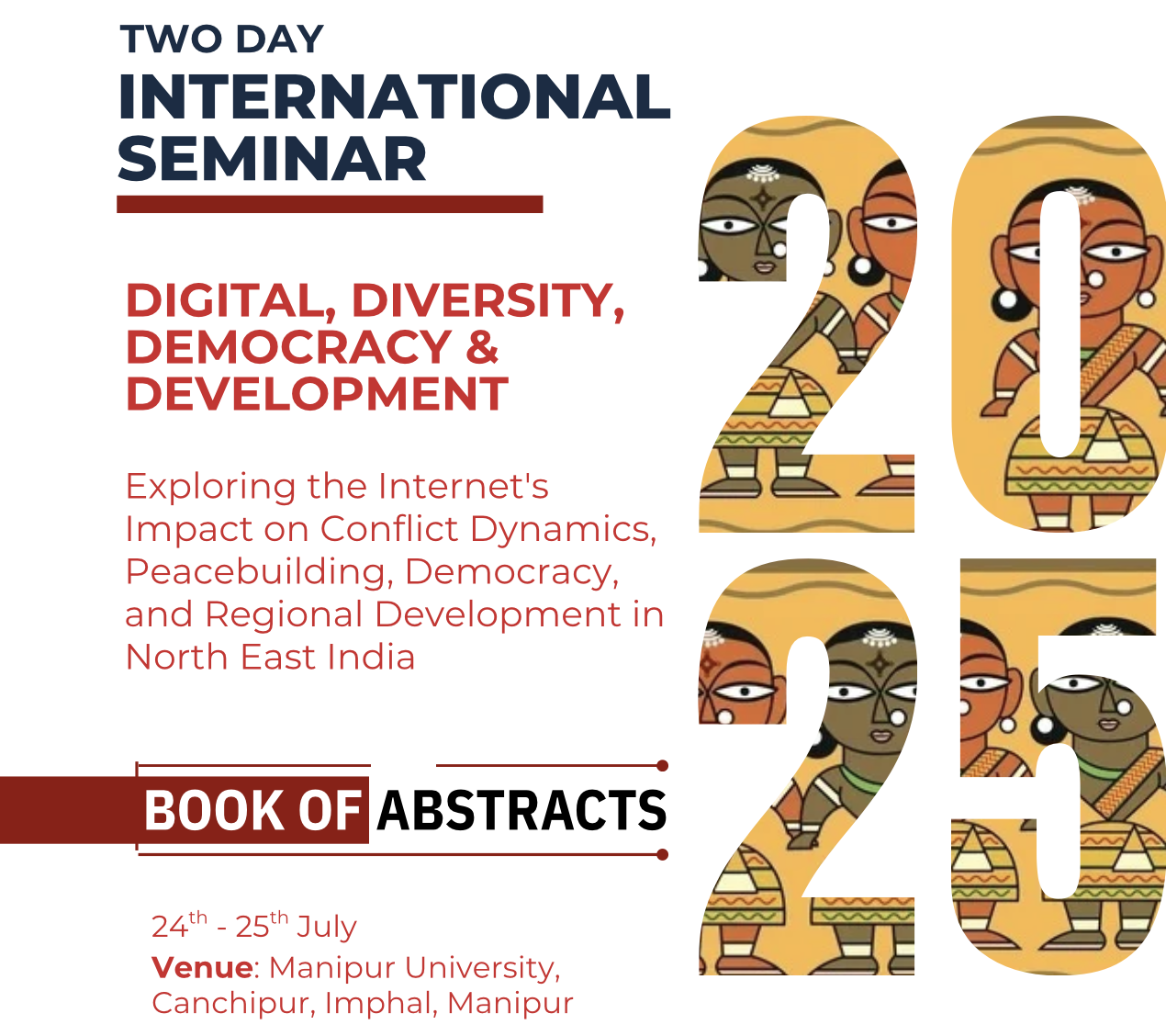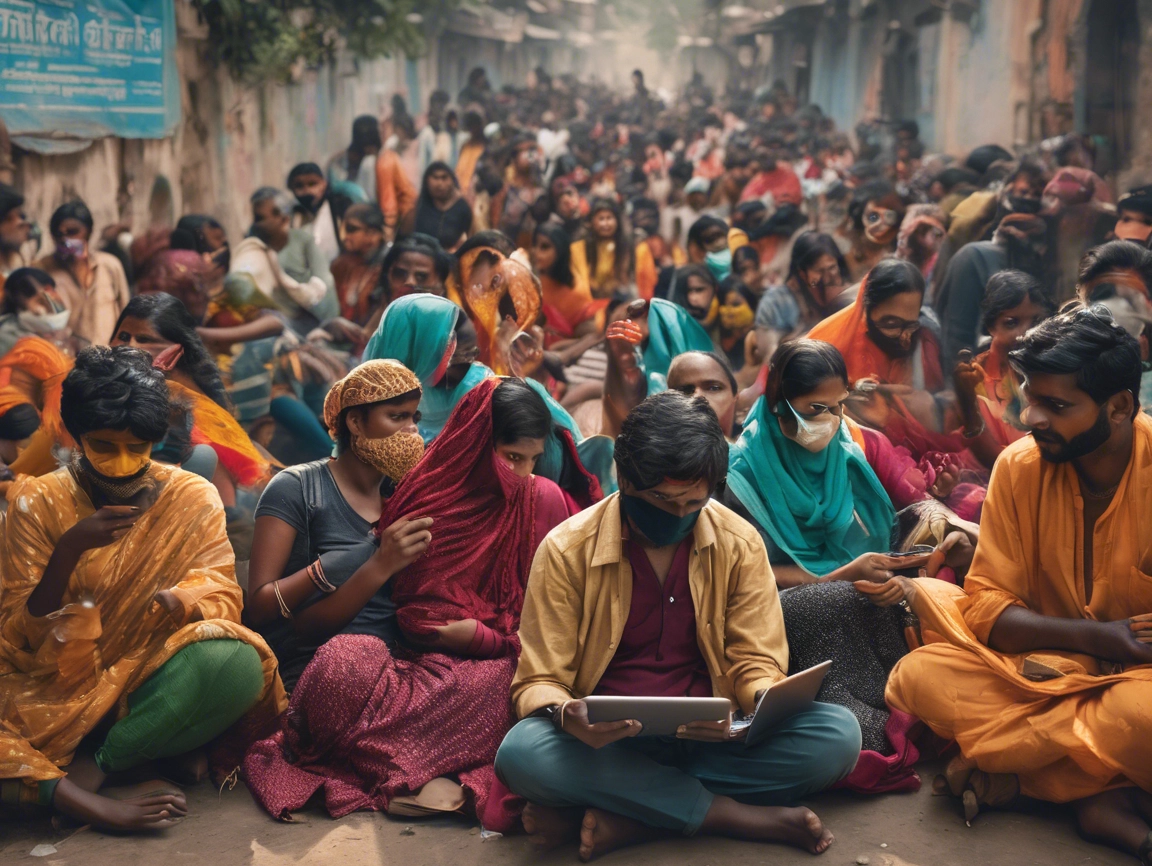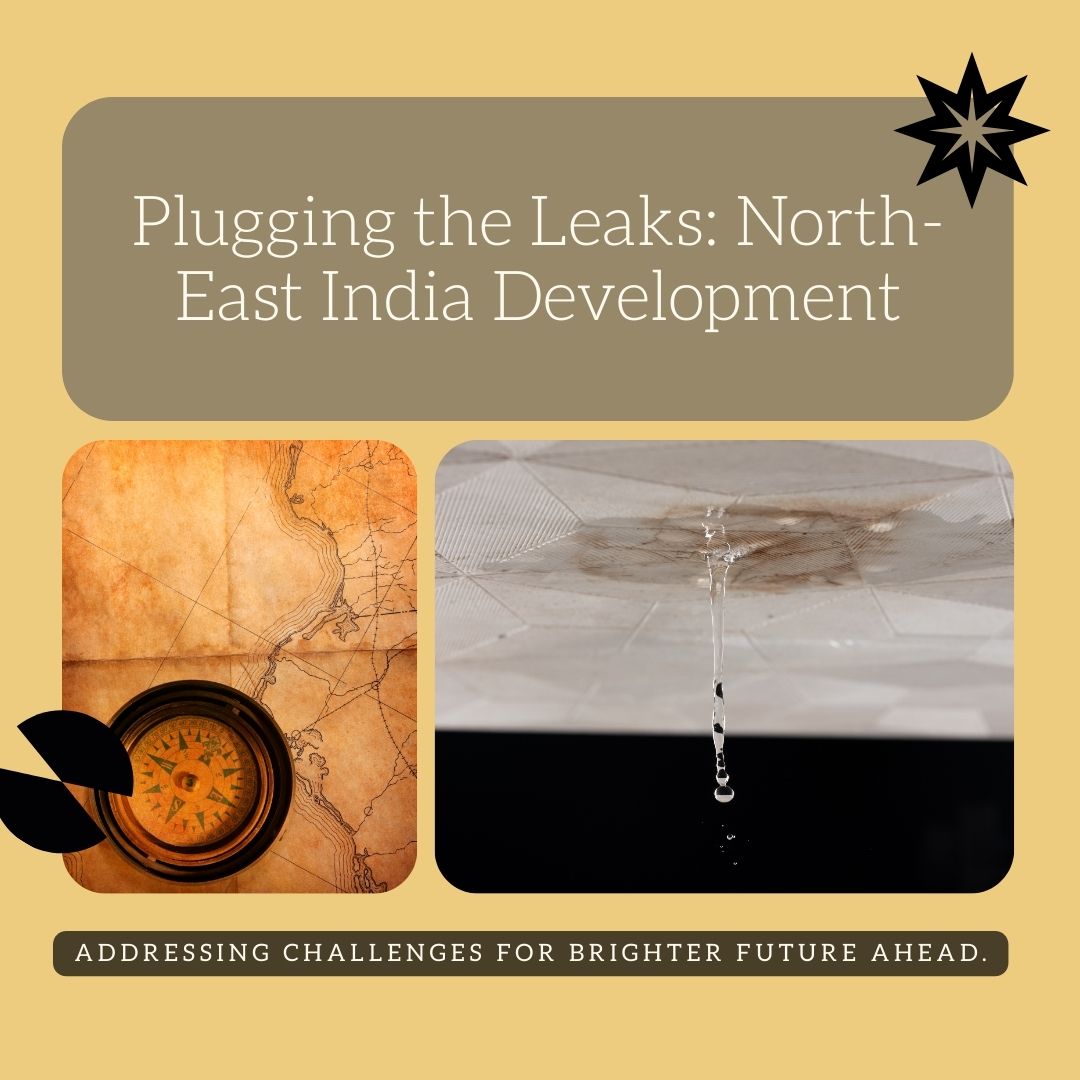The digital space has helped advance global conversations and collaboration but also exacerbated and fanned identity-based divisions in society. In today’s interconnected world, fostering digital literacy, global citizenship education and media literacy have become essential—not only for personal development but also for “promoting peaceful and inclusive societies”. Equipping individuals with the tools to critically evaluate online content, recognize misinformation, and understanding media biases fosters responsible decision-making and self-awareness. Critical inquiry builds cognitive skills, a questioning mindset, and encourages civic engagement by prompting reflection on how online content shapes perception and action.
UNESCO MGIEP operates in building social and emotional skills such as empathy, compassion, mindfulness, collaboration, collective problem solving, critical inquiry, appreciating interdependence and systems thinking. These skills collectively boost and support emotional resilience that helps to navigate media in the digital age responsibly and in countering online hate and polarization. Ethical journalism can be repositioned as an effective peace building tool and pathway that highlights the narratives of unity, mutual respect and coexistence, resilience, and dialogue over sensationalism. Addressing hate speech, trolling, and digital echo chambers through empathy, emotional regulation, and conflict resolution helps young people navigate digital spaces with compassion.
Interactive methods like digital storytelling or role-playing allow young people to step into others’ shoes, exploring diverse identities and perspectives. These activities cultivate empathy, encouraging dialogue over division.
UNESCO MGIEP focuses on empowering youth as peacebuilders, enhancing civic participation, and leadership. Youth-led campaigns promote inclusion and digital peace leveraging the power of social media for advocacy. Whether raising awareness on mental well-being, building emotional resilience, working towards behavioural change for climate justice, or global citizenship, these initiatives foster a sense of agency and purpose towards building sustainable and peaceful societies.
In regions experiencing political tension or ethnic divides — like parts of Northeast India — misinformation and manipulated media can fuel distrust, deepen divisions, and trigger violence. This keynote address will explore how UNESCO and MGIEP’s Media and Information Literacy norms and training modules advances SDG 16 – the promotion of peaceful and inclusive societies.



